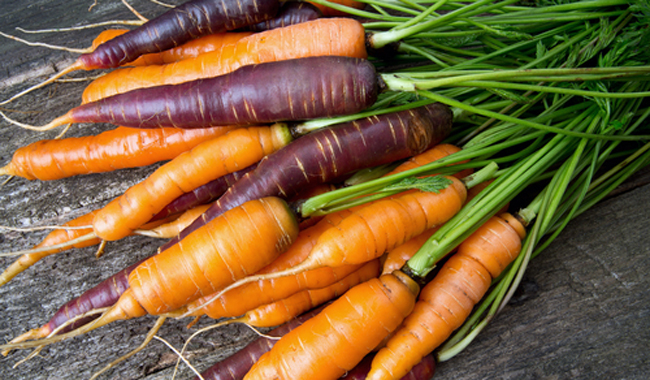
Eco-Friendly Gardening
Eco-friendly gardening may sound as a redundant statement. After all, if you are planting something how can it be anything but eco-friendly? However, stating this would be like saying that there is no way for a good intention to backfire. Polluting the soil with chemicals, disrupting natural eco-systems, and wasting too many resources in order to grow your garden, can do more harm than good. You need to be extra careful in order to avoid doing so, and here are five tips that can help you out on this quest.
- Friendly Bugs: It might seem like there is nothing easier than just spraying your garden against any invaders, but that kind of attitude can be quite careless. Why not use a bit of strategic thinking instead and organize your garden so that it can fend for itself? Instead of using insecticides, you can try to introduce more friendly bugs to your garden and in this way control the population of the harmful ones. For example, plants like marigolds and sunflowers attract ladybirds and lacewings which are your greatest allies against aphids.
- Physical Repellant: When it comes to larger pests, such as birds and badgers, you can try something different to keep them at bay. For birds, making a scarecrow diynetwork.com is an old and reliable method, the one that is also extremely fun to conduct. In fact, you can gather an entire family on this DIY project and make your garden a bit safer with a joint effort. Some pests are best kept out with a fence, but there are some who can deal with this obstacle by hopping over (squirrels). The best way to deal with them is to prune any tree branches that can be used as a launch ramp from which they can jump into your garden.
- Companion Planting: Some people live under the false assumption that the role of the nature is to serve mankind. The best example of why this human-centric attitude is wrong is the fact that plants and animals have completely independent cross-species relationships. This knowledge can easily be turned to your favor. Some plants simply work well together, like roses and garlic, or cucumber and radish. By planting them next to each other you are adding to your garden s self-sustainability.
- Use Natural Compost: In order to improve the fertility of your garden, you can always turn to bhg.com homemade compost. The best thing about it is that it requires most things that would otherwise go to waste. Apart from meat and dairy product, every other food leftover can be mixed into it. Furthermore, you can also use dry leaves, wood chips and even shredded newspaper. In other words, DIY composting helps you deal with waste disposal in an eco-friendly, unique, and highly practical manner.
- Rain Protection: Of course, assuming that rain or sun can harm your garden seems ridiculous until you encounter a hailstorm or rain so heavy that it lays waste to everything you’ve planted. Furthermore, some gardens are there as a place where you can read or enjoy nature, and it isn’t hard to figure out how weather conditions may prevent you from doing just that. Luckily, all of these problems are easily solved by shadesailsydney.net.au installing waterproof shade sails in the right places.
Naturally, no list would be elaborate enough to include all eco-friendly gardening ideas you could try out in your backyard. Some honorable mentions are pruning at the right time, making your own irrigation system, and placing plants according to their needs. What sets the aforementioned five apart is that they require little to no funds and can be done even by a person with virtually no experience in gardening.
Article written by WhosGreenOnline.com contributor, Diana Smith: Full time mom of two beautiful girls, a great animal and nature lover and a passionate traveler
 WhosGreenOnline.com Your Online Magazine and Directory for Green Business, Product, Service and News!
WhosGreenOnline.com Your Online Magazine and Directory for Green Business, Product, Service and News!

